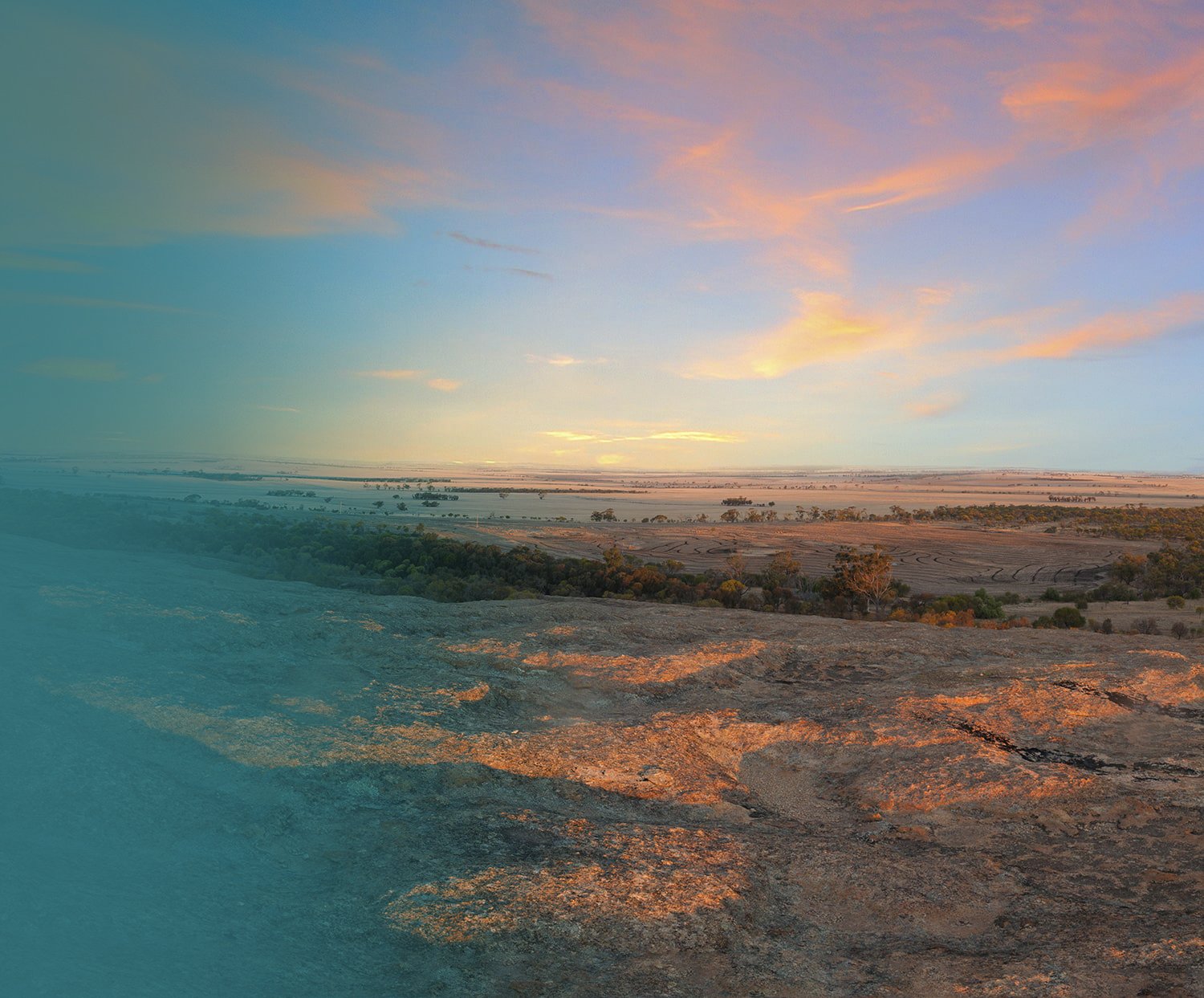
Leading positive change in land management to conserve and protect the Wheatbelt’s natural resources through respectful partnerships, innovation and community action.

Uniting community, agriculture, industry, and government to protect our unique biodiverse landscape.
The Wheatbelt is rich in natural assets that support a vibrant community, it consists of a fragmented yet highly valuable biodiversity area and is home to a vast and productive agricultural industry.
A community-led not-for-profit organisation, Wheatbelt NRM’s role is to support community management of the region’s natural resources, optimsing outcomes for its people, the environment and the industries that depend on functional landscapes to thrive.
Carnaby Black-Cockatoos
Let us know if Carnaby’s are visiting your area this summer by completing our simple survey.
This endangered species requires diligent observation and monitoring of its current behaviour, to help provide vital data which will be used to formulate an effective policy response to their dwindling populations.
We’re asking landowners and residents to keep an eye out for these increasingly rare cockatoos, to help us acquire a broad picture of their movements and habits across the Wheatbelt.
Ancient Knowledge, Specialist Equipment and Expert Training
Equipped with ancient knowledge, specialist equipment and expert training, the WNRM Rangers have evolved to become a highly skilled and agile local workforce, specialising in site establishment and maintenance, revegetation and native seed collection to restore Country.
Established in 2014 as a pathway to ongoing employment options, this is a great way to learn new skills as a part of an inclusive team, all while applying your knowledge to practical efforts to improve and protect the natural environment.
Collaborative catchment approach to Wheatbelt Regenerative Agricultural practices
WRNM’s collaborative catchment approach to encouraging and facilitating non-traditional agricultural practices across the Wheatbelt has led to a burgeoning partnership with the Mulloon Institute and the Gabby Quoi Quoi Catchment Group.
Together, we are testing the assumption that farmers working together at the catchment scale can build a sustainable future based on non-conventional practices.
Our aim is to prevent soil degradation by championing restorative farming practices in the face of a drying climate.



